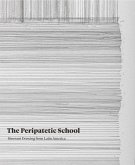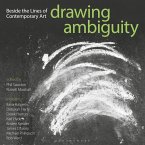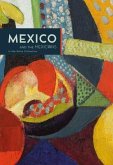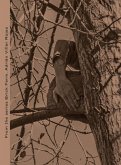"Non-literary Fiction examines contemporary art produced in Latin America in reaction to the growing tide of neoliberalism with its purging of specific social, ethnic, and racial meanings. Over decades, military juntas throughout South and Central America (often supported by the US) have brutally restricted freedom of movement and speech and caused whole segments of their populations to "disappear." Gabara shows how many Latin American artists since the late 1950s have strategically positioned their art as "fictions" in response to the social death and unspeakable violence that undergirds their experience. By "fictions," Gabara means a kind of art that encourages a beholder or participant to create the work's meaning for herself, out of her own experience, thus engaging in fabulation. She brings together artists working across Latin America, in diaspora, and in the US to offer a pathway out of the nationalistic frameworks that generally attend Latin American studies ("Mexican art," "Brazilian art," etc.) She builds a case regarding nonliterary fictions through nuanced readings of works by many artists, from famous ones such as Lygia Clark, Hâelio Oiticica, and Francis Alèys to emerging artists Abraham Cruzvillegas, Amalia Pica, and Chemi Rosado-Seijo, to Latinx artists such as Asco, Raphael Montaänez Ortiz, and Ruben Ortiz Torres, engaging work within the political frameworks of Brazil, Mexico, Argentina, Chile, Colombia, Cuba, Puerto Rico, and the US"--
Hinweis: Dieser Artikel kann nur an eine deutsche Lieferadresse ausgeliefert werden.
Hinweis: Dieser Artikel kann nur an eine deutsche Lieferadresse ausgeliefert werden.








